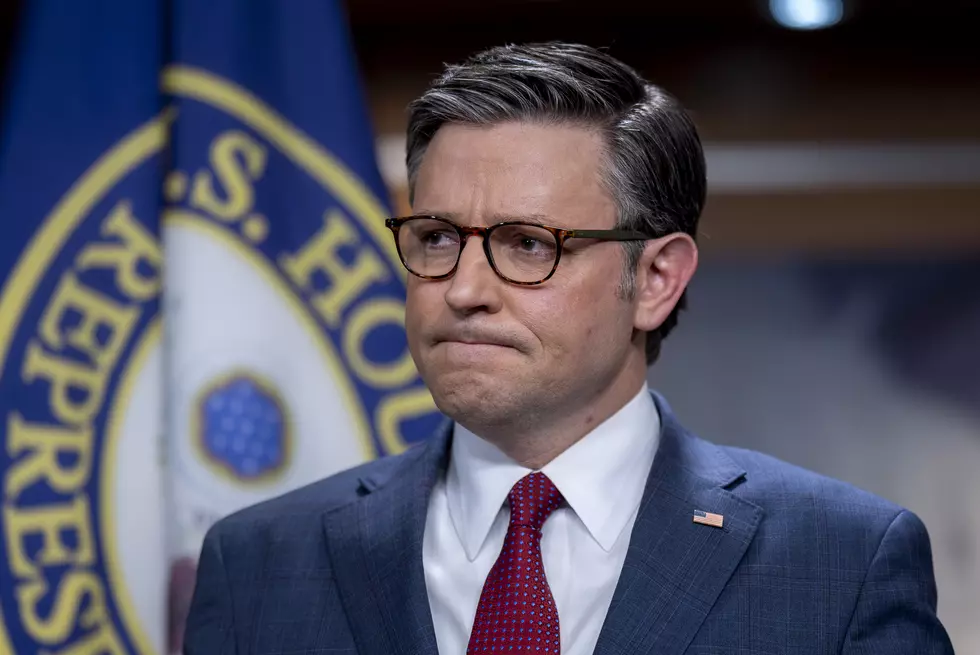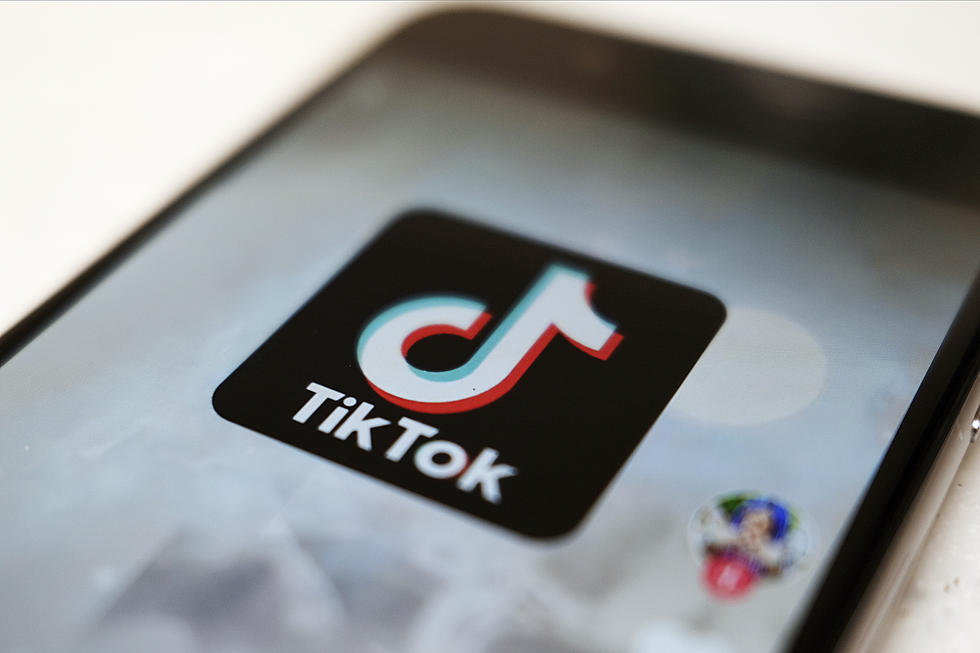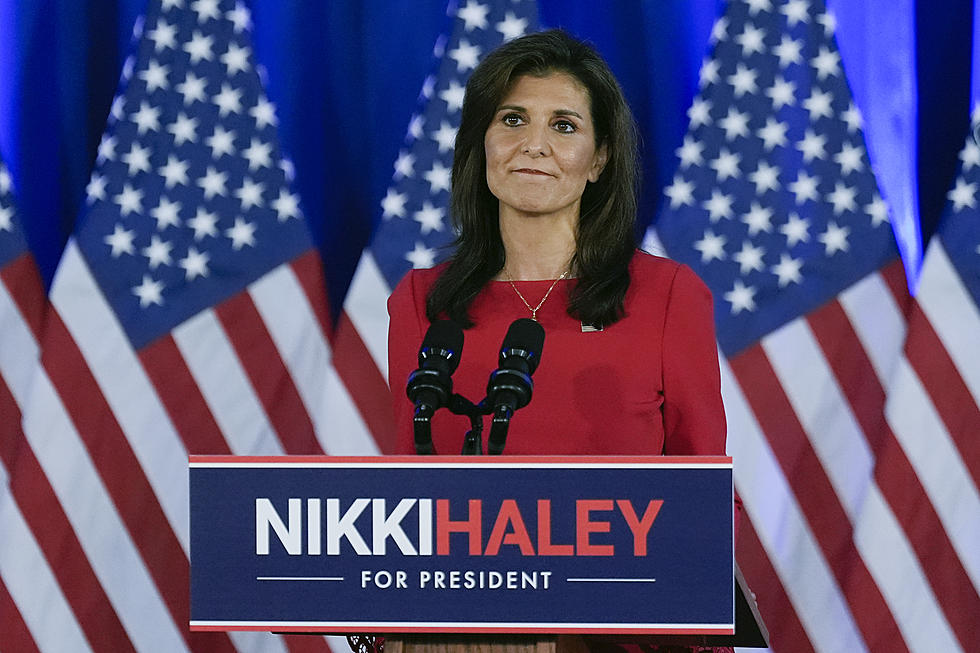
Teachers’ Group Seeks to Stop Oklahoma Anti-Tax Question
OKLAHOMA CITY (AP) — A group representing Oklahoma teachers is asking the state's highest court to stop an effort to overturn a tax-hike package to fund teacher pay raises the Legislature approved amid a national uprising of educators seeking more classroom money.
The Professional Oklahoma Educators filed a protest petition with the state Supreme Court last week against the anti-tax group's signature-gathering effort.
Led by former U.S. Sen. Tom Coburn, the group Oklahoma Taxpayers Unite is seeking a public vote on whether to toss tax hikes on cigarettes, motor fuel and energy production to fund an average teacher pay raise of $6,100.
Professional Oklahoma Educators argues in court paperwork that repealing the tax hikes would undo teachers' raises, which are necessary "for the immediate preservation of the public peace."
Teacher walkouts started in West Virginia and spread to Kentucky, Oklahoma, Arizona and Colorado.
Here are some things to know about the anti-tax group's effort, known as a popular referendum:
WHAT'S AT STAKE
The anti-tax group wants the public to have the final say on the package of tax hikes the Legislature approved this year on cigarettes, motor fuel and energy production. The roughly $430 million in annual revenue was dedicated to help fund the first pay raise for Oklahoma teachers in a decade, an average increase of $6,100 a year.
Although legal opinions differ, the teachers' group argues in its petition that if voters reject the tax hikes, they will also nullify the teacher raises because of a clause in the pay raise bill that says it won't become law unless the tax hikes also are approved.
The anti-tax group has until July 18 to gather about 41,000 signatures to place the question on the ballot.
POPULAR REFERENDUMS
Oklahoma is one of 24 states with procedures for a popular referendum, according to the National Conference of State Legislatures. The process, sometimes referred to as a referendum petition, allows voters to decide whether to repeal or approve an act of the Legislature by gathering enough signatures to place the item on the ballot. It is similar to an initiative petition, a mechanism that allows citizens to bypass their legislatures and put a proposed law or constitutional amendment directly on the ballot.
In Oklahoma, the signature requirement for a referendum is 5 percent of the votes cast for governor in the last general election. In this case, that's 41,242 signatures.
RARELY USED IN OKLAHOMA
Despite the relatively low signature threshold, the procedure is rarely used in Oklahoma, according to Kent Meyers, an attorney who is advising various education groups, including the Oklahoma Education Association, on the issue. The last time a popular referendum was successfully used to place an item on the ballot in Oklahoma was in 1991, in a situation similar to today's effort, when a group sought to reject a package of tax increases and education changes approved by the Legislature. That measure was rejected by voters with a 54 percent majority.
The last time a popular referendum passed in Oklahoma was in 1954, when voters repealed a bill outlining a series of turnpike projects.
Oklahoma superintendent of schools Joy Hofmeister recently requested a formal opinion from state Attorney General Mike Hunter on 11 questions about the pay raises and the mechanism used to pay for them. Hofmeister wants to find out whether the teacher raises are on hold while the referendum is underway.
More From Newstalk 1290









